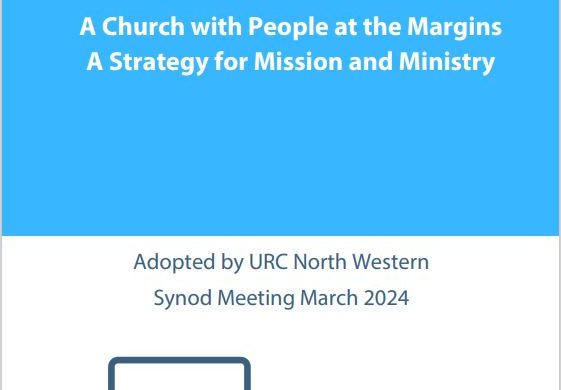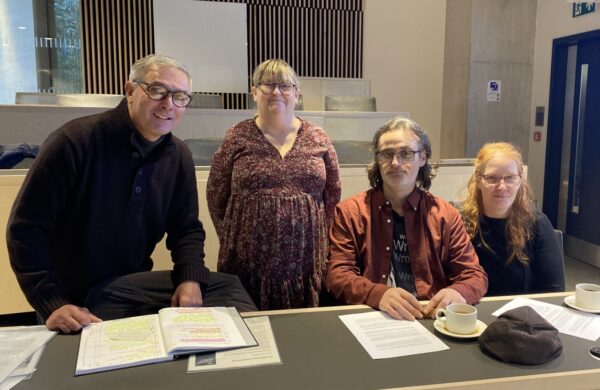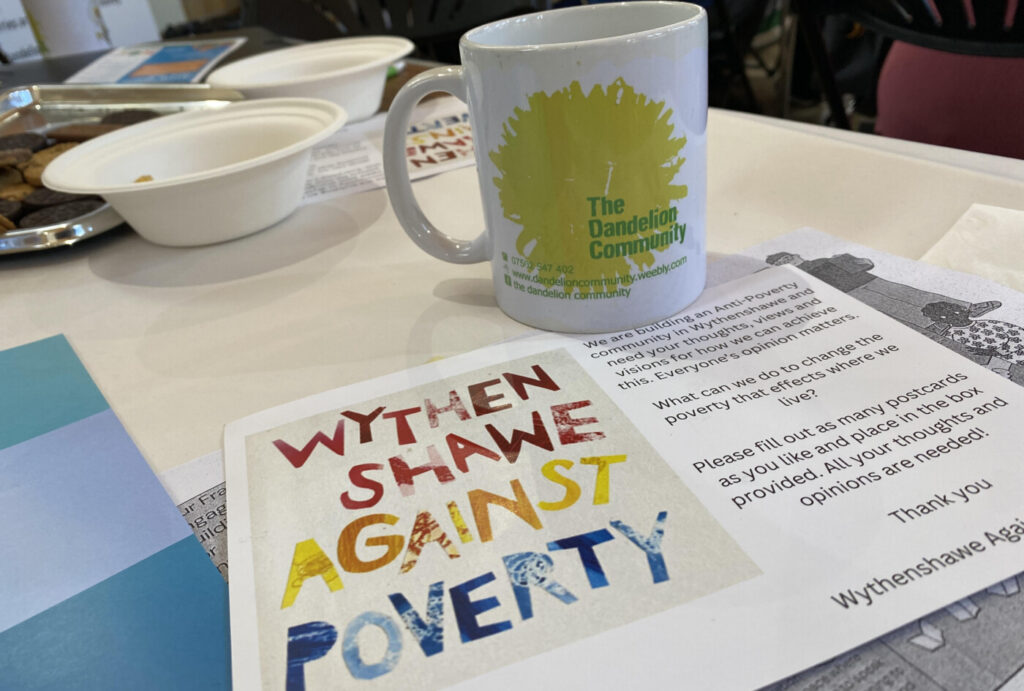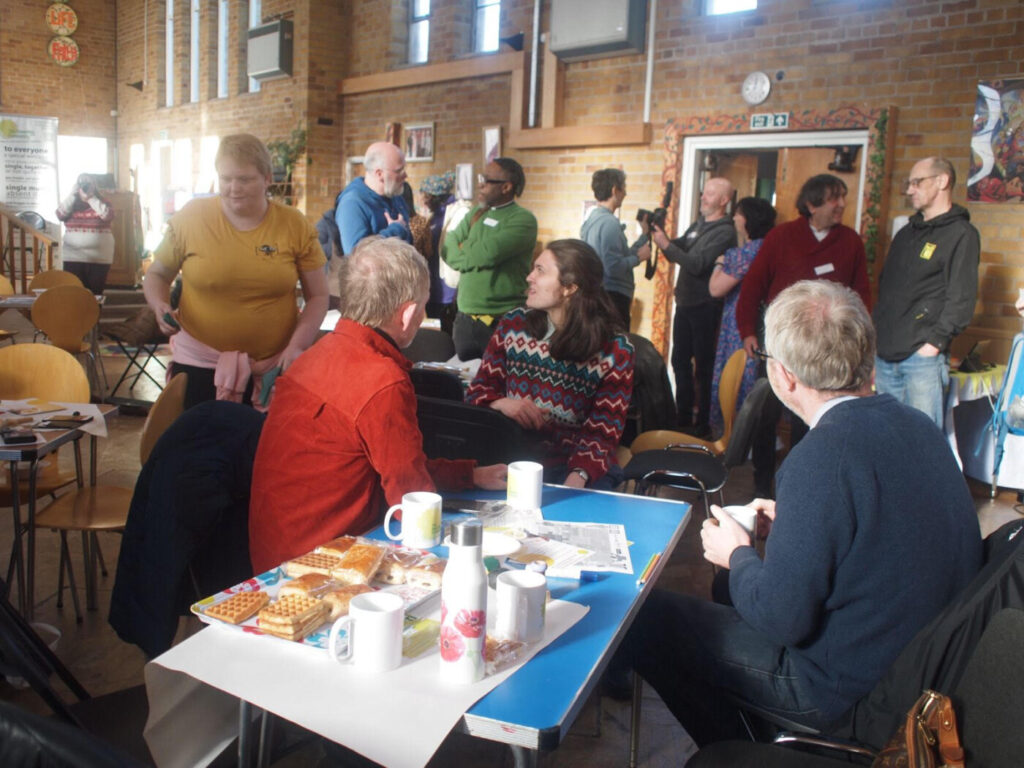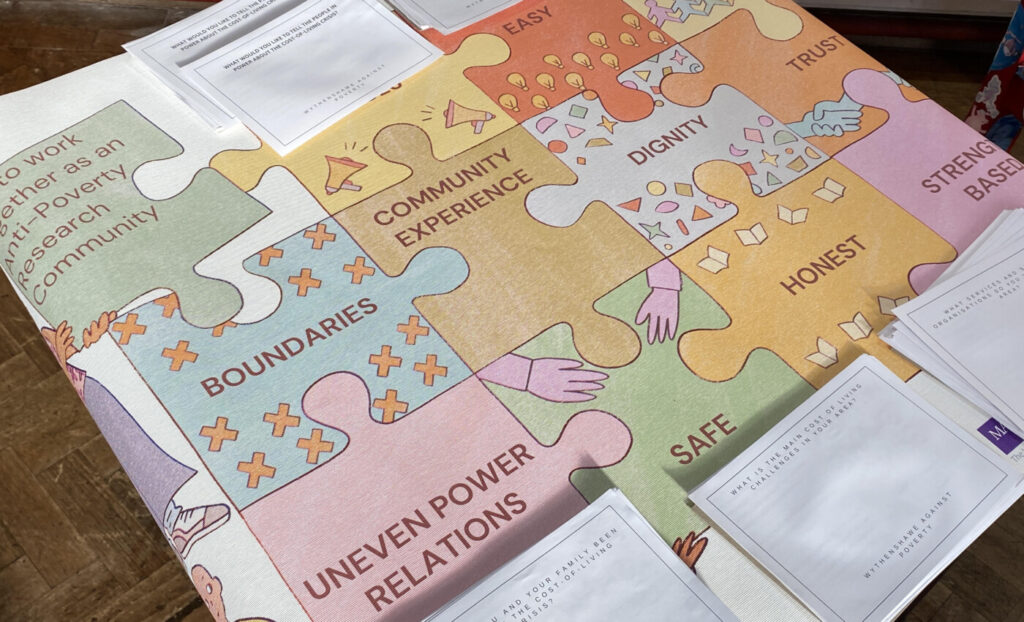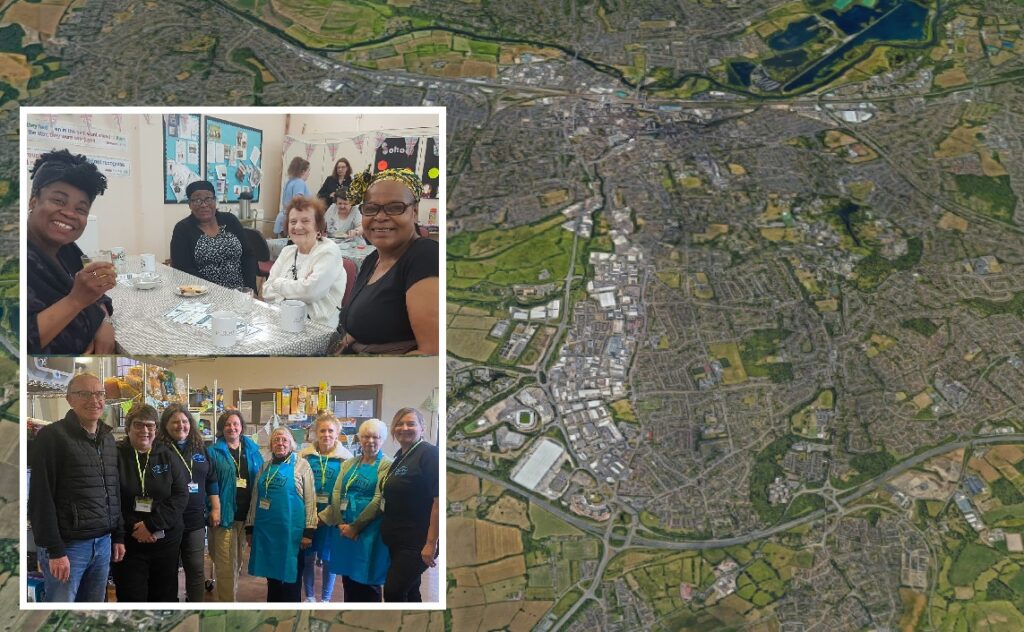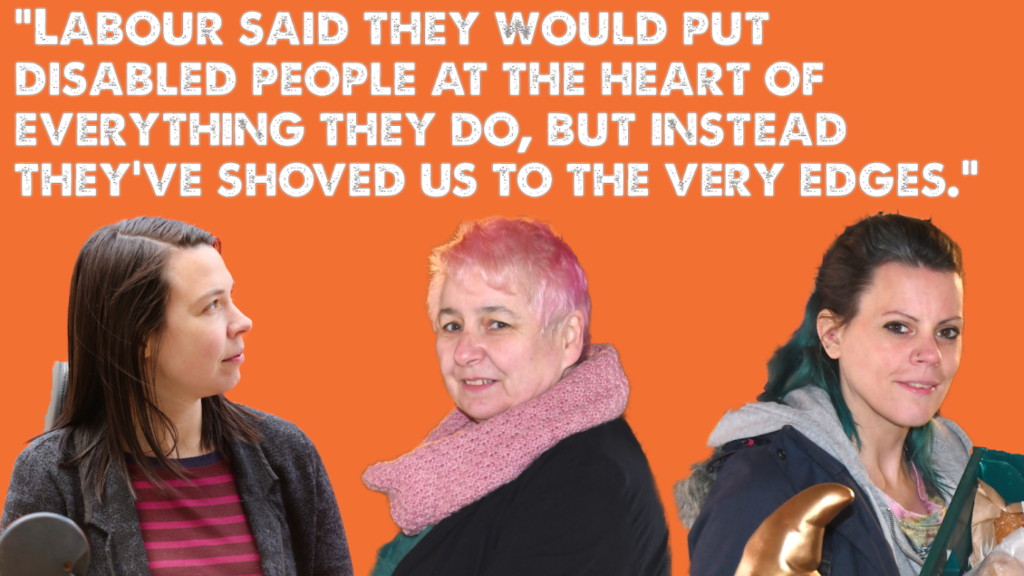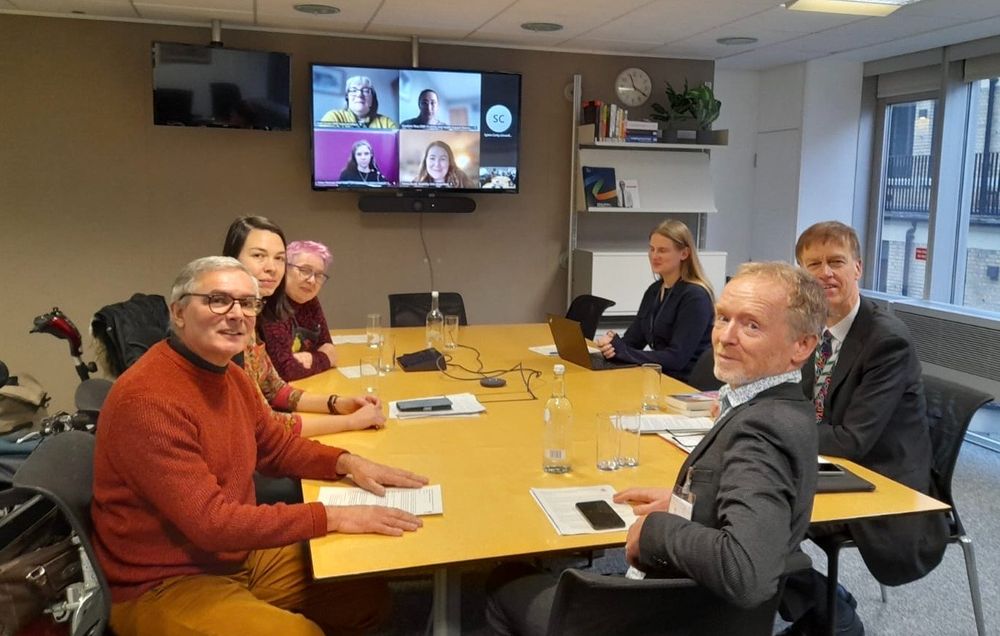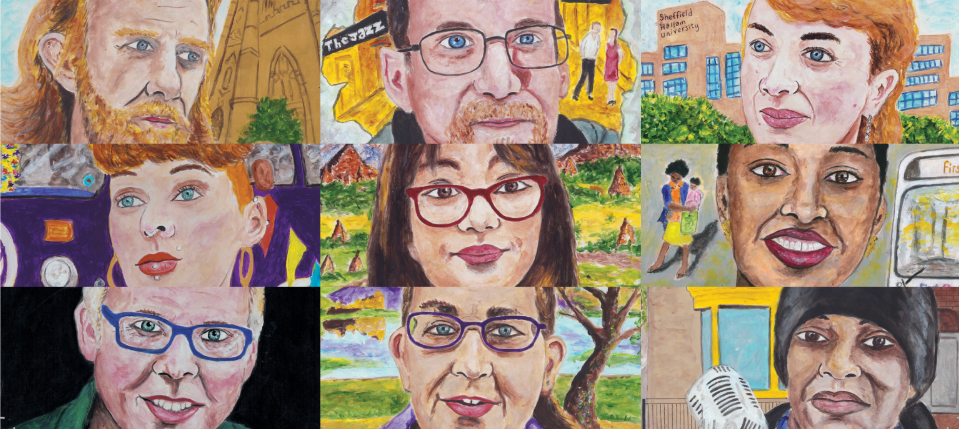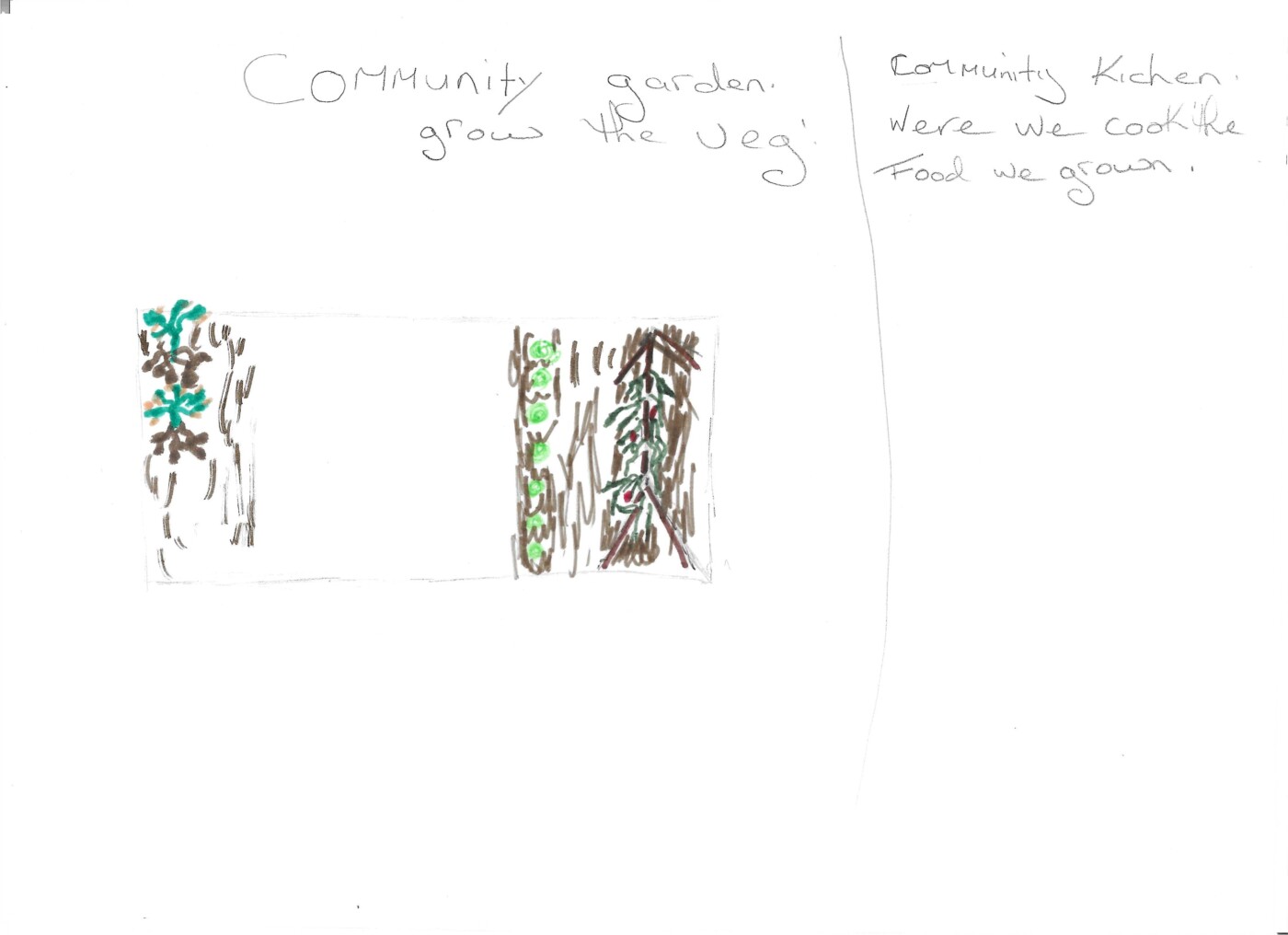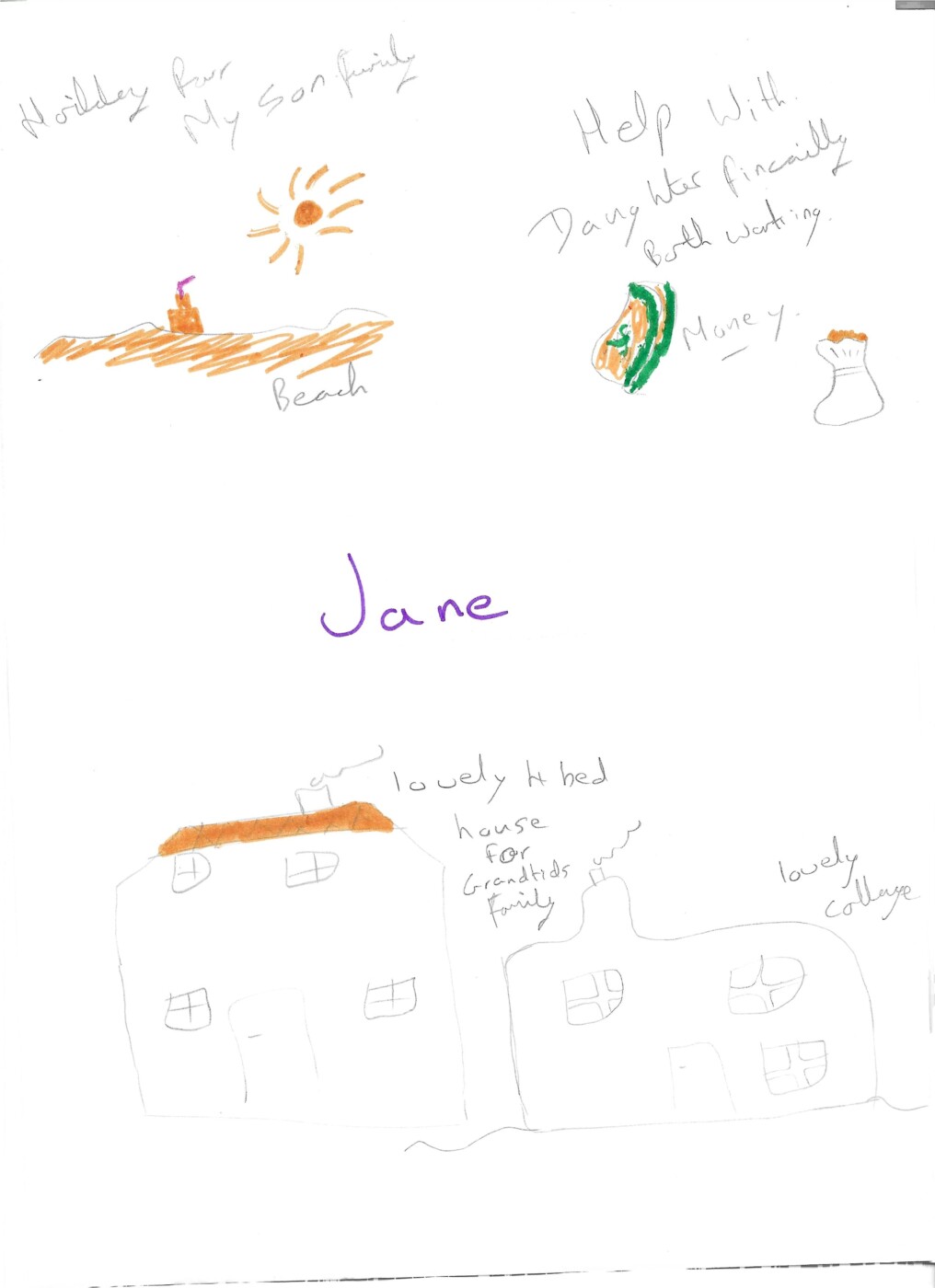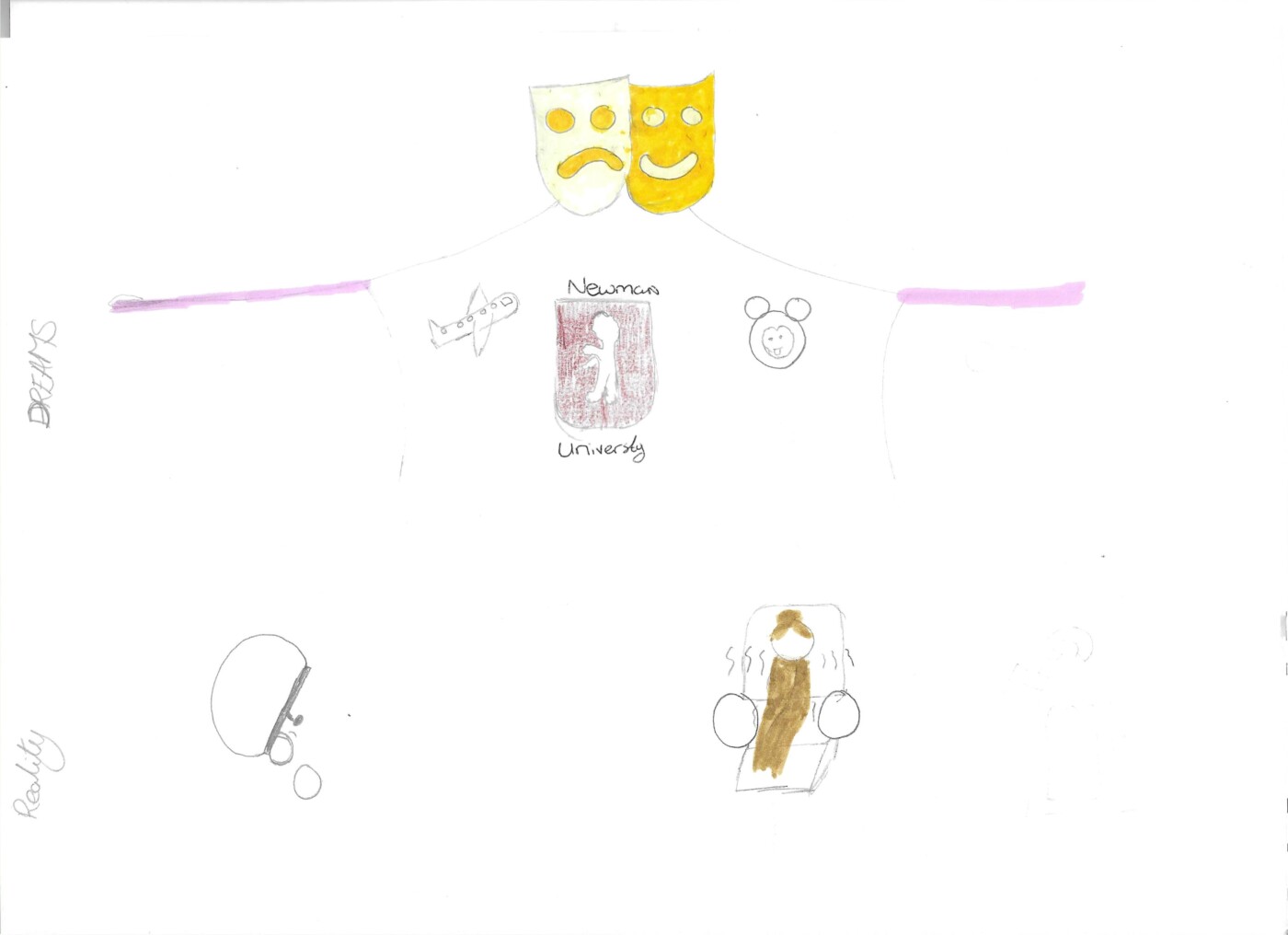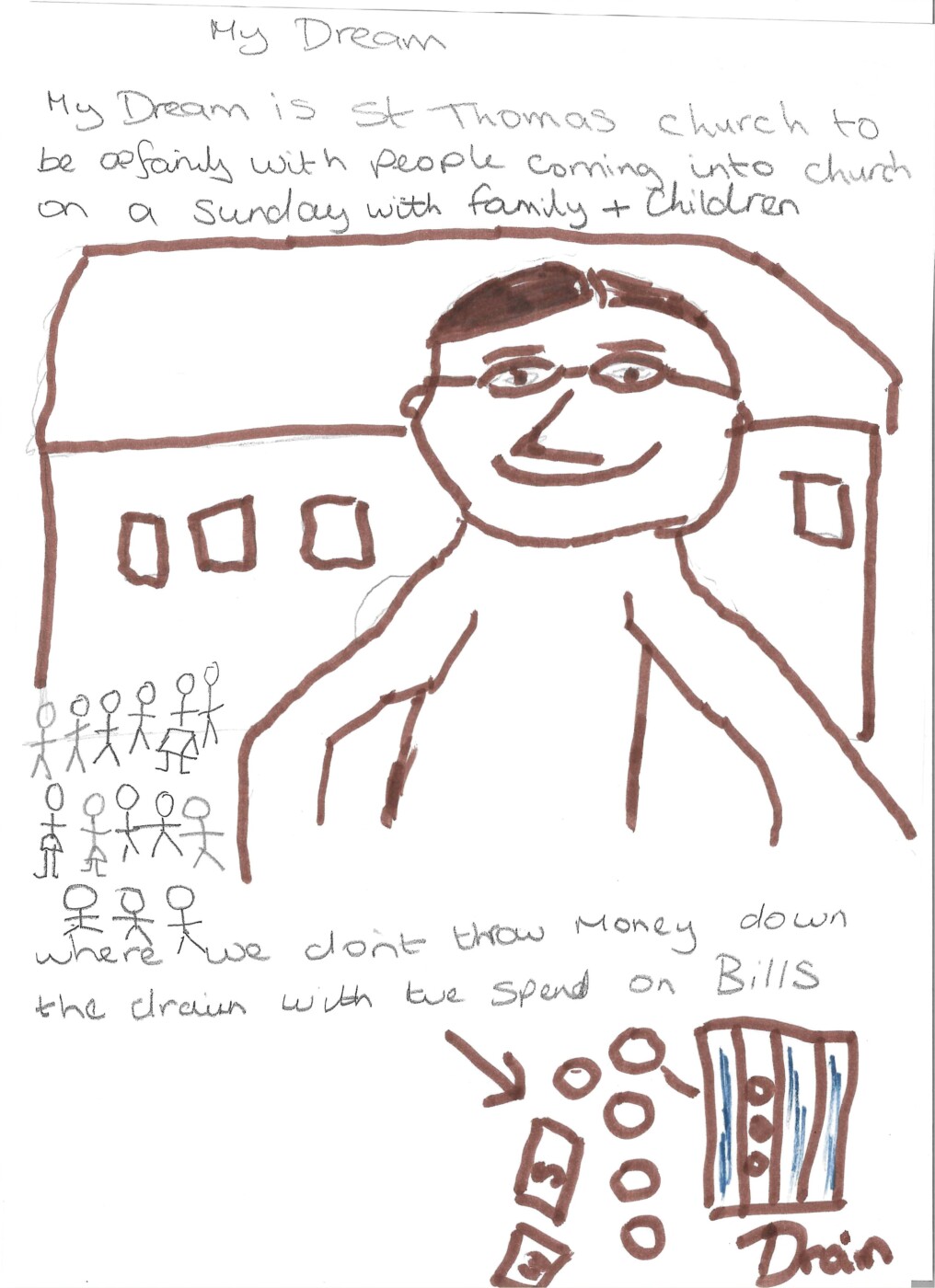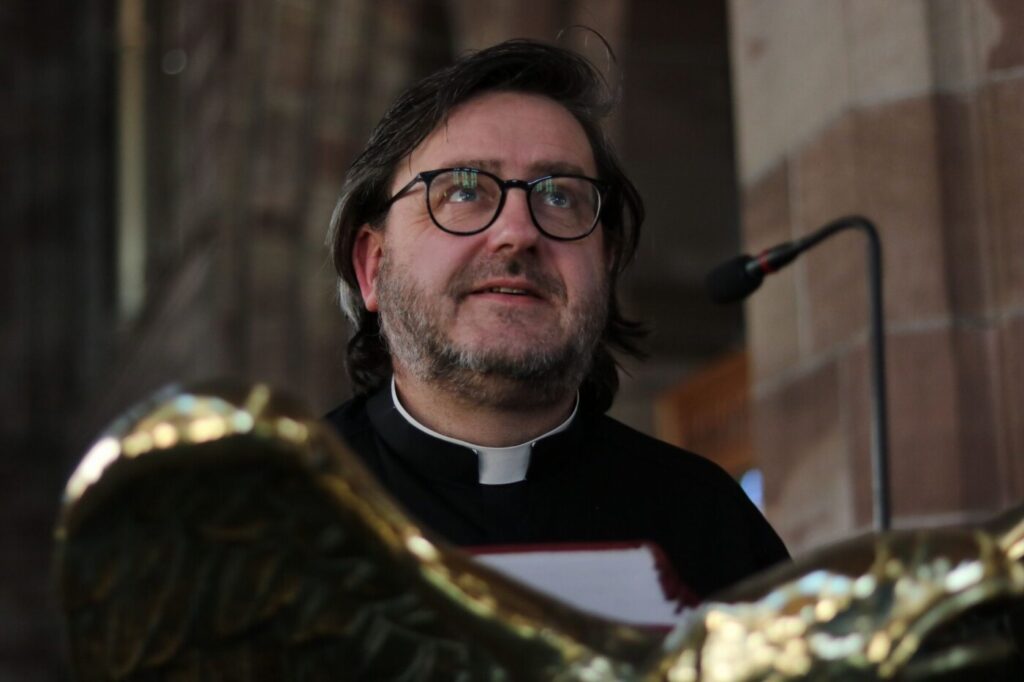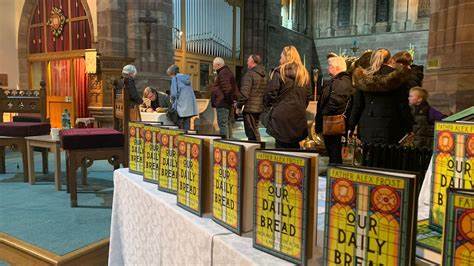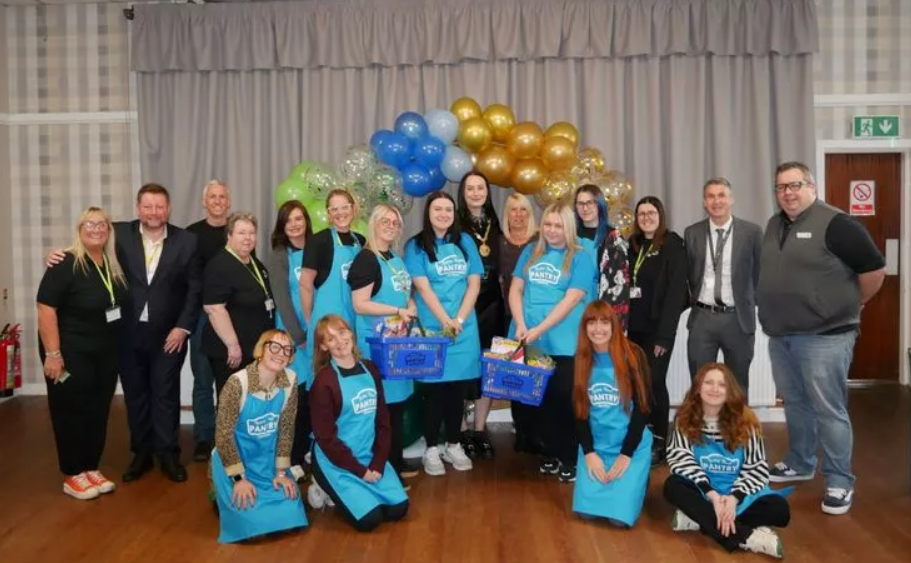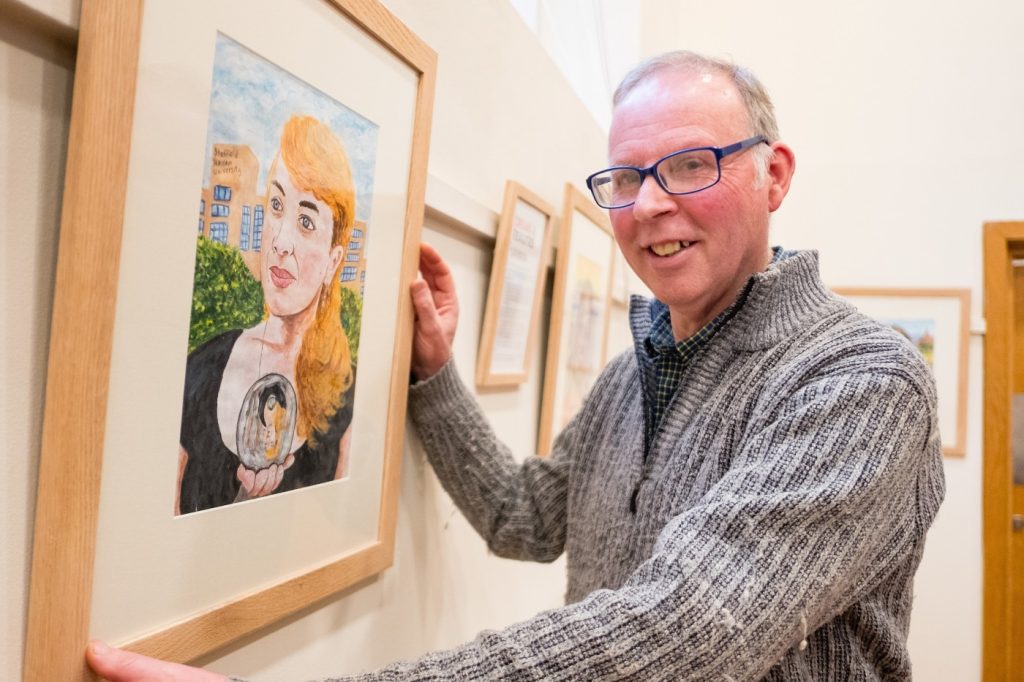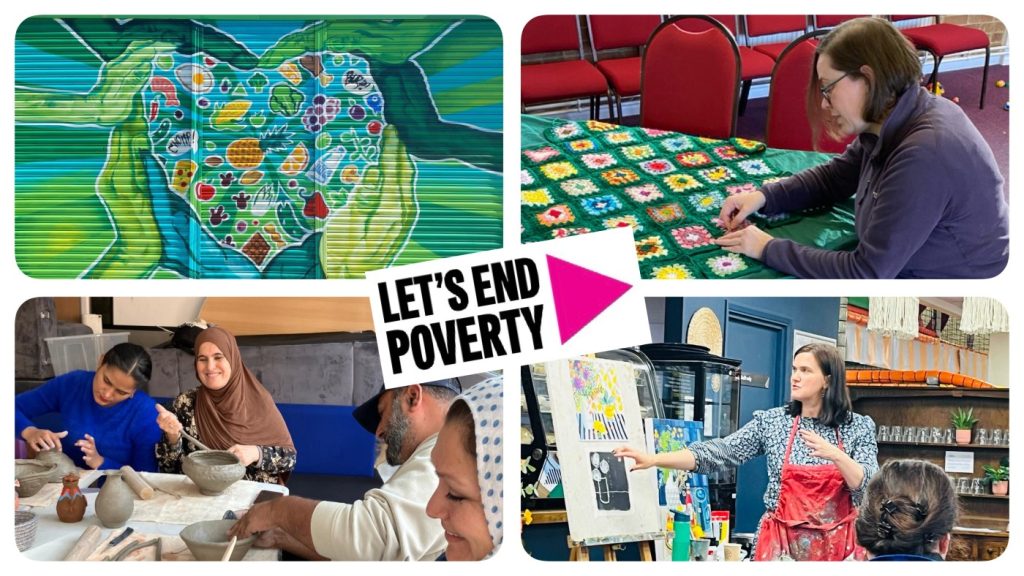Activists work to shape policies of the future
Change happens when people come together to make it happen. Activists with experience of poverty have been doing just that, with three UK universities.
Members of the Speaking Truth To Power panel took part in a national event at London School of Economics with academics and practitioners, and then delivered online workshops at the University of Staffordshire and the University of Salford.
Panel member Wayne Green, from Shoreham by Sea in West Sussex, reflects on the two most recent events.
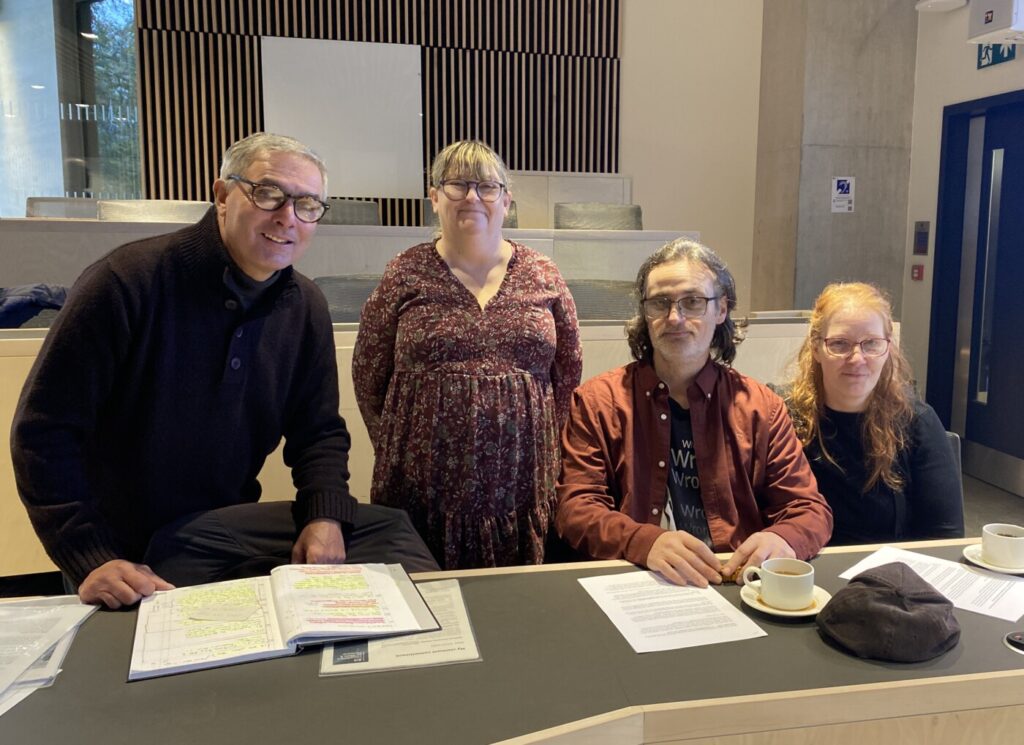
Wayne: we're speaking to tomorrow's decision-makers
“Why universities? We felt it was important, as activists seeking to end all forms of poverty and exclusion. It is important for students who could be tomorrow’s decision makers, policy makers and future leaders, to fully understand how and why we do what we do and how to challenge power structures, with a human-centred experience besides the academic rational perspective.
“The work at times I found was slow, and now and then disagreements got in the way. But I was learning to dump much of my professional experience, relearning to be more empathetic and take more of a back seat, and try not to see it all from my perspective.
“It was hard for me. But each time we met I could see that I was changing a little more my perspective. Slowly but surely we started to gel really well as a group. And I now understand why the planning took time.
“Finally, we had built two two-hour programmes. We had full control of the design, agenda, subject matter, and timings, and we chose who best to speak on each topic. It was a really fully human-centred, collaborative and equally balanced process.
“The workshops were with the Universities of Staffordshire and Salford.
“We were there by experience to share – for example, to show what the difference is between experience and academic
knowledge, also to show the value of real experience of poverty, the pain, how to avoid tokenism, how to navigate power dynamics, types of power flows, and the value of listening by those in power.
Wayne: You have so much power
“I felt all the lecturers and departments were highly motivated, and positive in working with us, which gave us much confidence.
“We wanted to highlight to the students that they do have power, and how to be more politically active.
“Often your experience and knowledge is more than the power-holders’ or decision-makers’. We showed real-life examples of how people in poverty can still have a voice and make changes.
“For example, we told how we had attended events at Parliament, and led on campaigns in our local communities, and spoke about our experiences of campaigns at local and national levels. It was important to show them what is often missed or not shown.
“It is important for students to see and learn from real-life activists in poverty, as this sets the agenda. They too can change the world.
“I wanted to say, ‘You have so much power, it’s all around us up for grabs. Look at us, look at what we are doing. Do not be afraid.’ As I noted, poverty is a battle of invisibility, it must be won, we must be seen and heard.
Wayne: what I've learned
“What have I really learned from all of this? I think I have learned to be more humble to the other members.
“Even though I find it hard to show, I do really care about them all in the years we have grown with each other. At the end of the day who am I, but a poor weak man offering my small bit of experience to such large problems. But I do believe change can happen and the younger generations have so much more to offer than I for that change.”


